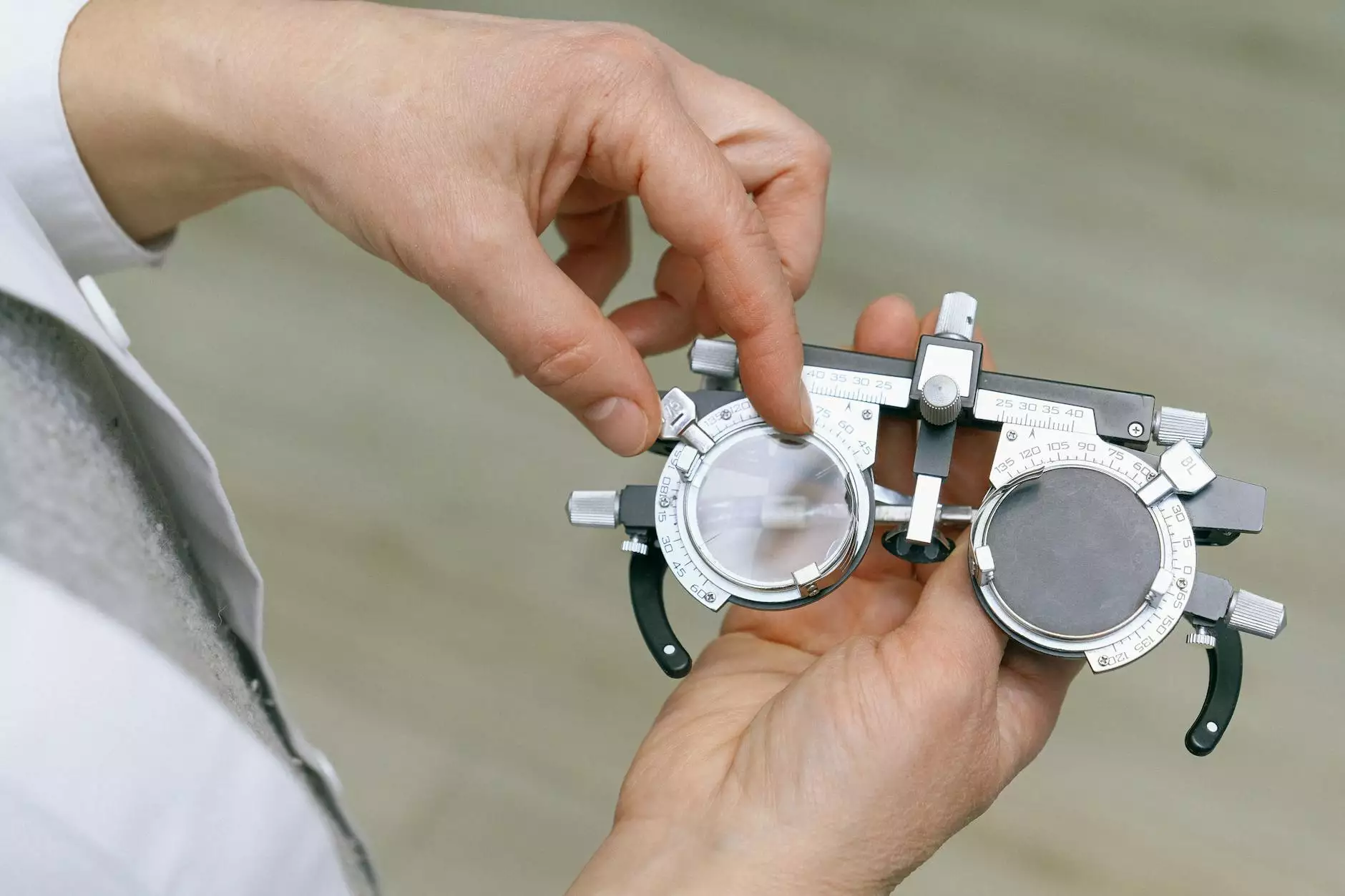The Importance of Gynecology and Obstetrics Instruments in Modern Healthcare

Gynecology and obstetrics instruments form a vital part of healthcare, particularly in the field of women's health. These specialized tools facilitate a range of medical procedures, improving outcomes for both patients and healthcare providers. As healthcare continues to evolve, understanding these instruments' significance becomes essential for medical professionals, patients, and hospital administrators alike.
Understanding Gynecology and Obstetrics
Before delving deeper into the specific instruments used in this field, it is important to define gynecology and obstetrics:
- Gynecology: This branch of medicine focuses on the female reproductive system, encompassing conditions and diseases related to the uterus, ovaries, fallopian tubes, and vagina.
- Obstetrics: This specialty involves the care of women during pregnancy, childbirth, and the postpartum period. Obstetricians play a crucial role in managing pregnancy complications, labor, and the birthing process.
The Crucial Role of Instruments in Gynecology and Obstetrics
Gynecology and obstetrics instruments are designed to assist healthcare professionals in accurately diagnosing, treating, and managing various conditions associated with women's reproductive health. The proper tools not only enhance the clinicians' ability to perform procedures but also ensure patient safety and comfort.
Types of Gynecology and Obstetrics Instruments
In the vast array of gynecology and obstetrics instruments, certain categories stand out due to their widespread use and essential functions. The key types include:
1. Diagnostic Instruments
These instruments help in diagnosing conditions related to the reproductive system.
- Speculums: Used to open the vaginal walls for examination.
- Colposcopes: Provide a magnified view of the cervix, aiding in the assessment of abnormal cervical cells.
- Ultrasound machines: Essential for visualizing the developing fetus during pregnancy and identifying other reproductive health issues.
2. Surgical Instruments
These are crucial for performing surgical procedures.
- Surgical scissors: Used in various surgical settings to cut tissue.
- Forceps: Important for grasping and holding tissues, particularly during childbirth.
- Scalpels: Utilized for incisions in surgical procedures, ensuring precision and safety.
3. Instruments for Labor and Delivery
During labor and delivery, specific instruments are essential for ensuring a safe childbirth.
- Delivery forceps: Assist in the assisted delivery of newborns.
- Vacuum extractors: Help in safely delivering the baby when complications arise.
- Amniotic hooks: Used to rupture the amniotic sac during labor.
Benefits of High-Quality Instruments
Investing in high-quality gynecology and obstetrics instruments can lead to numerous benefits for healthcare facilities, professionals, and patients:
- Improved Patient Safety: Quality instruments minimize the risk of errors during procedures, enhancing overall patient safety.
- Enhanced Efficiency: Well-designed tools facilitate smoother operations, allowing healthcare providers to work more effectively.
- Better Patient Outcomes: Reliable instruments contribute to higher success rates in procedures, positively impacting the patients' recovery process.
Future Trends in Gynecology and Obstetrics Instruments
The field of gynecology and obstetrics is continuously evolving, driven by technological advancements and the increasing demand for minimally invasive techniques. Here are some anticipated trends in gynecology and obstetrics instruments:
1. Minimally Invasive Procedures
As the focus shifts towards patient-centered care, there is a growing emphasis on minimizing invasiveness in surgical procedures. This trend is leading to the development of:
- Laparoscopic instruments: These allow for surgeries to be performed through small incisions, reducing recovery time.
- Robotic-assisted surgery: Improving precision and control in delicate surgical procedures, making operations less stressful for patients.
2. Integration of Technology
With the rise of telemedicine and digital health solutions, there is a push for instruments that integrate with technology:
- Smart instruments: These devices can monitor vital signs and provide real-time data during procedures.
- Telehealth tools: Instruments that enable remote consultations and assessments, widening access to gynecological care.
3. Focus on Sustainability
The healthcare industry is increasingly prioritizing sustainability, influencing instrument design and production:
- Eco-friendly materials: More suppliers are moving towards sustainable materials for manufacturing instruments.
- Waste reduction strategies: Initiatives to minimize single-use instruments and promote reusability are gaining traction.
Choosing the Right Instruments for Your Practice
Selecting the appropriate gynecology and obstetrics instruments for your medical practice is crucial. Here are some key factors to consider:
1. Quality and Reliability
Ensure that the instruments are manufactured by reputable companies known for producing high-quality medical supplies. Look for:
- Compliance with regulatory standards.
- Positive reviews and testimonials from other healthcare practitioners.
2. Functionality
Consider the specific procedures that your practice performs and select instruments that meet these operational needs:
- Choose versatile instruments capable of handling multiple functions.
- Invest in specialized tools for unique procedures you frequently conduct.
3. Ergonomics and Comfort
Instruments should be designed to minimize fatigue and discomfort for healthcare providers during use:
- Look for lightweight materials.
- Opt for instruments with comfortable grips and handles.
Conclusion
In summary, gynecology and obstetrics instruments are indispensable in delivering high-quality healthcare to women. As technology advances and the importance of quality amplifies, healthcare providers must stay informed about the latest trends and tools available in the market. By choosing the right instruments, practitioners not only enhance their clinical capabilities but also improve the overall patient experience.
For medical professionals seeking reliable gynecology and obstetrics instruments, visit new-medinstruments.com — your partner in quality medical supplies.





